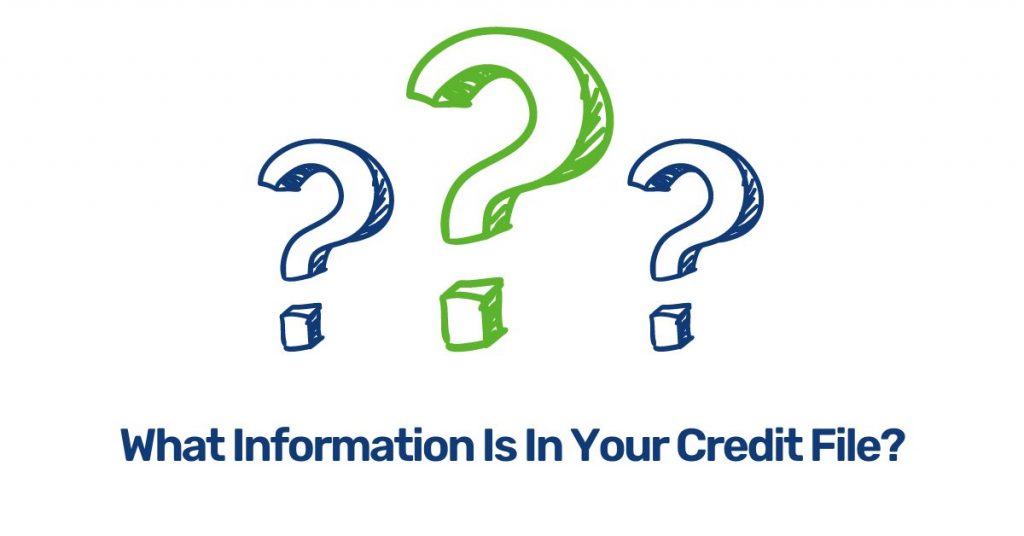What Information Is On Your Credit File?
Your credit file is a record of your financial history and plays a key role in how lenders decide whether to approve you for credit. It’s maintained by Credit Reference Agencies (CRAs) and helps lenders assess your creditworthiness.
In the UK, the three main CRAs are Experian, Equifax and TransUnion. Each one may hold slightly different details about you, so it’s important to check all three regularly to make sure the information is correct.
What's Included in Your Credit File?
Your credit file usually contains:
- Personal Information – your name, date of birth, current and previous addresses.
- Credit Accounts – details of loans, credit cards, and mortgages. This includes balances, credit limits, payment history and account status.
- Payment History -whether you’ve paid on time, missed payments, or defaulted.
- Search Footprint – a record of when lenders of other authorised parties have checked your file. This includes both soft and hard searches.
- Financial Associations – links to other people through joint loans or bank accounts.
- Electoral Roll Details – confirming if you’re registered at your current address (important for identity checks).
- County Court Judgements (CCJs) – any unpaid CCJs not settled within a month of issue.
- Bankruptcy or IVAs (Individual Voluntary Arrangements) – if you’ve entered into insolvency proceedings.
What's Not on Your Credit File?
Some personal and financial details not included in your credit file, such as:
- Your salary or income
- Student loans
- Medical records
- Criminal record
- Council tax arrears
- Parking or driving fines
While these don’t appear on your credit file, lenders may still ask about them when you apply for credit.
Why Does Your Credit File Differ Between Agencies?
Not all lenders report to every CRA. Some share data with only one or two agencies, meaning your credit report may look slightly different depending on where you check.
Why It's Important to Check Your Credit File
Regularly reviewing your credit file helps you:
- Spot errors that could harm your score
- Monitor changes in your financial history
- Make informed decisions before applying for credit
- Reduce the risk of fraud or identity theft
You can check your credit file for free through services like ClearScore (Equifax), Credit Karma (TransUnion), and Experian’s free account.
Keeping track of your credit file is one of the easiest ways to protect your financial health and improve your chances of being approved for vehicle finance.




